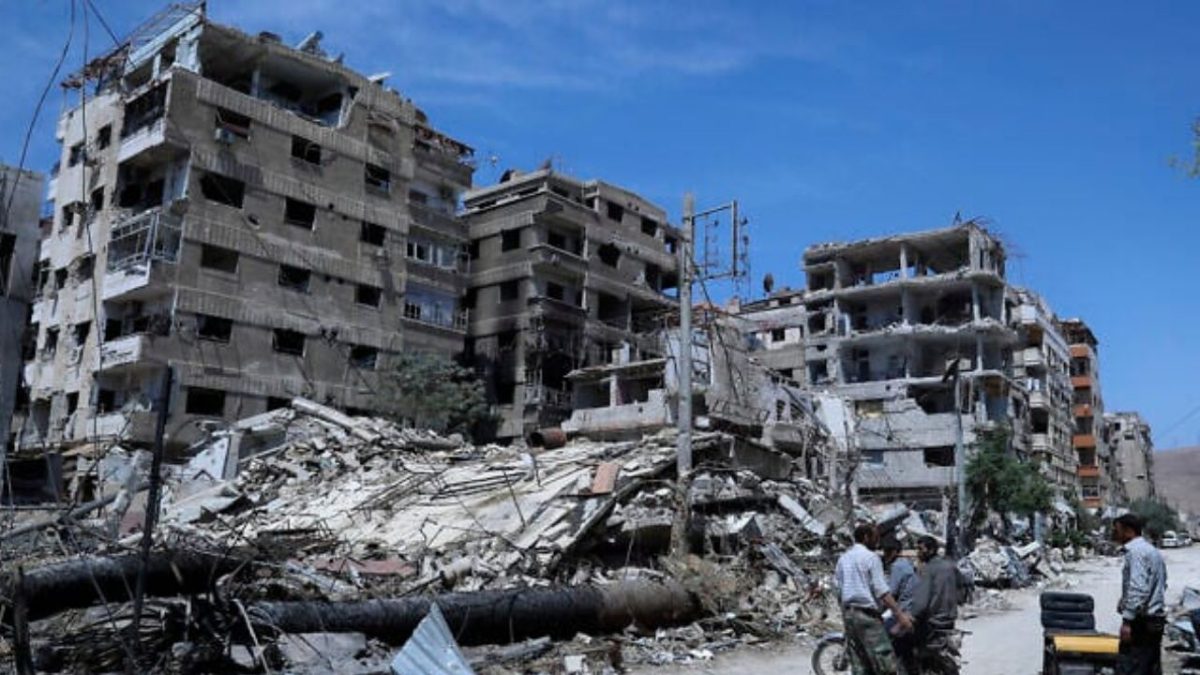A new report has hinted at presence of over 100 suspected chemical weapons sites in Syria, way more than what the deposed regime of Bashar al-Assad ever acknowledged.
The Organisation for the Prohibition of Chemical Weapons (OPCW) gave the updated figure after the current government allowed it to carry out inspections and begin documentation. The organisation said its figure was based on external researchers, non-profit organisations, and shared intelligence from member states.
The New York Times reported citing former OPCW employees that many of such cites could be located inside caves or in remote regions, which are difficult to trace through satellite imagery.
Allegations against the Assad regime
The Assad regime was accused of using chemical weapons, such as sarin gas and chlorine, against opposition leaders and fighters. It revealed the presence of 27 chemical weapons sites in Syria following a deal between US and Russia that was reached after the Ghouta sarin gas massacre of August 2013.
Following the revelations, the OPCW inspectors visited the sites and shut them down.
However, allegations of the use of chemical weapons continued to flow until at least 2018. That year, the Assad regime was accused of carrying out the Douma massacre that killed at least 49 people.
“There are many sites we know nothing about because the former regime lied to the Organization for the Prohibition of Chemical Weapons,” Raed al-Saleh, the former head of the Syrian Civil Defence (White Helmets) and currently Minister of Emergency and Disaster Management in the new government, was quoted as saying by the OPCW.
History
A former Syrian government chemist, who spoke to The New York Times anonymously, revealed that Syria’s chemical weapons programme dates back to the 1970s. He said it was built with the help of hundreds of scientists, many of whom had studied in Germany and other European countries. While many of these scientists fled during the war, some chose to stay behind.
Today, the new Syrian government claims it is cooperating with the OPCW and says it respects international law. However, concerns remain. Chemical materials are still present in the country, and if not properly secured, they could end up in the hands of armed groups. The government also hasn’t appointed a permanent ambassador to the OPCW, which has raised further doubts about its true intentions.
Impact Shorts
More ShortsDespite these concerns, Syria took a step forward on February 8 when interim President Ahmad al-Sharaa welcomed an OPCW delegation led by Director-General Fernando Arias to Damascus.
(With inputs from agencies)


)

)
)
)
)
)
)
)
)



